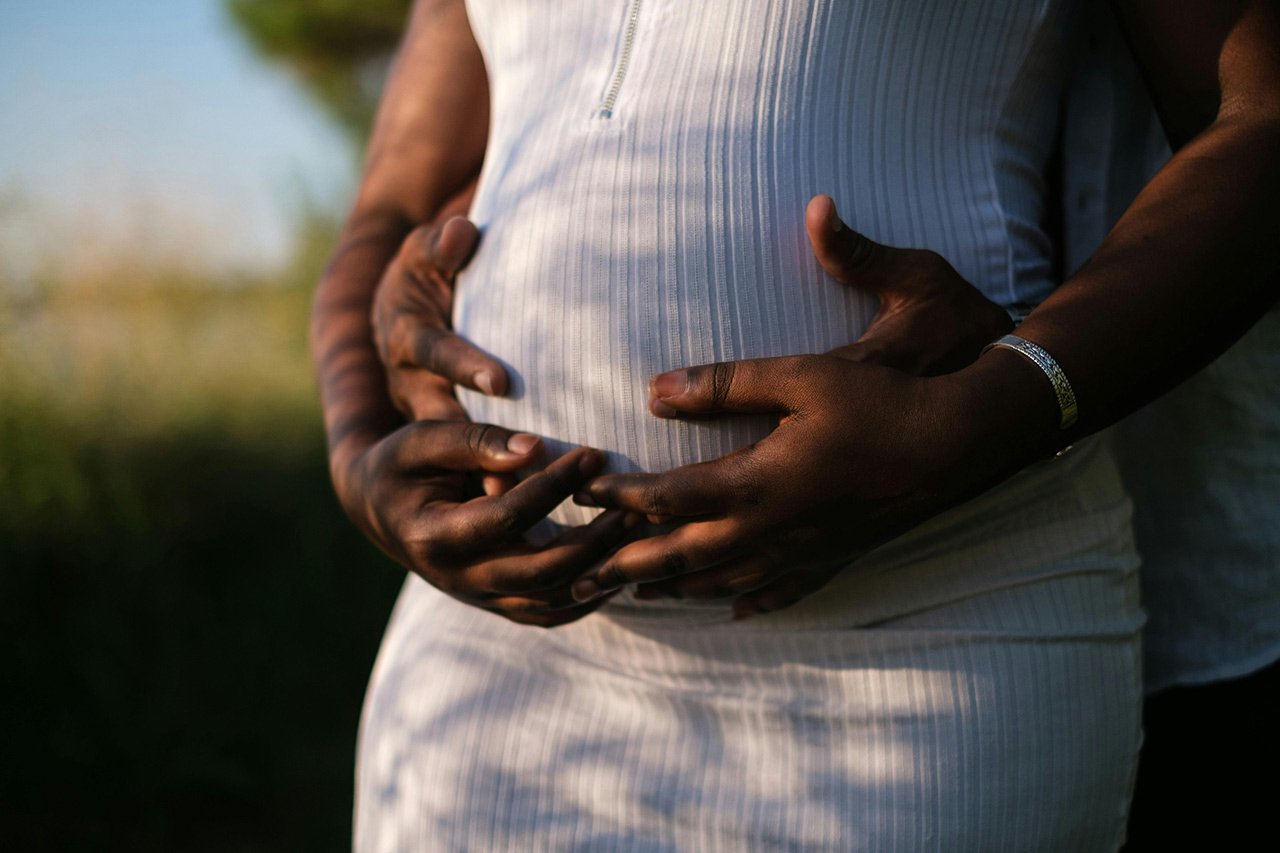
Every year, National Birth Defects Prevention Month reminds us to stay aware of birth defects – parents deserve to be empowered with information to promote healthy pregnancies. As we join in efforts this month to facilitate prevention and education, it’s crucial for parents to be well-informed about the factors that contribute to congenital disabilities and the steps they can take to increase the likelihood of a healthy pregnancy.
Birth defects are structural changes present at birth that can affect any part of a baby’s body. They may impact how the body looks, works, or both. Some birth defects can be minor and easily corrected, while others may have a significant and lifelong impact on a child’s health and development. Understanding the nature of birth defects is the first step in prevention and early intervention.
Risk Factors for Birth Defects
Not all congenital disabilities are preventable - genetics can play a role in some instances. Parents with a family history of birth defects or genetic disorders should consult with a genetic counselor before conceiving. Understanding your family’s genetic makeup can help assess the risk of passing on certain conditions and guide decisions about family planning.
Certain substances can increase the risk of birth defects. It’s essential for parents to avoid smoking, alcohol, and recreational drugs before and during pregnancy. Exposure to harmful chemicals and environmental toxins – from mercury to paint fumes, mosquito repellent to cleaning supplies - should also be minimized. Consulting with healthcare providers about potential workplace hazards or exposure to harmful substances is crucial.
If a mother has a pre-existing chronic condition, such as diabetes or epilepsy, effective management is critical. Close collaboration with healthcare providers to control these conditions before and during pregnancy can significantly reduce the risk of birth defects.
Prevention Strategies for Future Mothers
Before a pregnancy, aspiring mothers need to take their personal health seriously. This includes managing chronic conditions, achieving a healthy weight, avoiding substance use, and ensuring vaccinations are up-to-date. Eating a nutritious diet is crucial for a healthy pregnancy. Folic acid, a B vitamin, is particularly important in preventing neural tube defects affecting the baby’s brain and spine. All women of childbearing age should consume 400 micrograms of folic acid daily, ideally starting before conception. Foods rich in folic acid include leafy greens, fortified cereals, and legumes.
Early and regular prenatal care is instrumental in monitoring the health of both the mother and the developing baby. Prenatal visits allow healthcare providers to identify and address potential issues early on, ensuring timely interventions and appropriate guidance for a healthy pregnancy. Screening tests, such as ultrasounds and blood tests, can provide valuable information about the baby’s health. Diagnostic tests like amniocentesis or chorionic villus sampling may be recommended for high-risk pregnancies or when a specific concern is detected in a routine screening. These tests help detect or rule out certain genetic conditions and birth defects.
Certain medications can pose a risk to the developing fetus. It’s essential for parents to consult with their healthcare providers before taking any medications during pregnancy. In some cases, healthcare providers may adjust medications or provide safer alternatives for the baby.
Coping With the Risk of Birth Defects
Pregnancy can be an exhilarating time for expecting parents – and it can also come with a lot of uncomfortable uncertainty. Parents’ emotional well-being is an integral part of a healthy pregnancy. Pregnancy can be an emotionally charged time, and addressing stress, anxiety, or depression is crucial for the well-being of both the parent and the baby. For those who benefit from the support of communities, it can be beneficial to connect with other parents who have experienced similar challenges navigating birth defects and coping with risk factors. Online and local support communities provide a platform for sharing experiences, exchanging information, and offering emotional support during the journey.
At Maryvale, we care deeply about the health and well-being of children and their families – and provide special support to new mothers who have struggled with homelessness through our Seton House program. Through education, support, and early intervention, we can collectively strive toward a future where every child has the opportunity to thrive and live a healthy, fulfilling life. Read more about our youth services.






